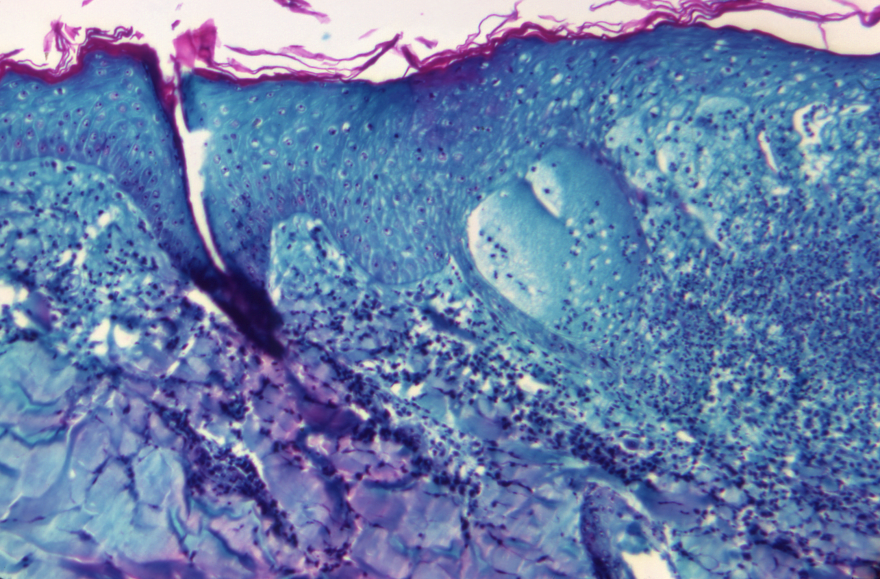North Carolina health officials have identified the first case of monkeypox in the state. The state’s Department of Health and Human Services said in a news release Thursday afternoon that the North Carolina resident infected with the monkeypox virus was “isolating at home.” The agency did not release any other information about the case.
Monkeypox cases as of Thursday had been identified in at least 23 other U.S. states and the District of Columbia, according to the Centers for Disease Control and Prevention.
Monkeypox is a rare but potentially serious viral illness that usually involves flu-like symptoms, swelling of the lymph nodes and a rash. It’s typically spread by skin-to-skin contact. Most infections last two to four weeks.
NCDHHS said it was “working closely” with federal and local health agencies to “identify and notify individuals who may have been in contact with the patient while they were infectious.”
"The number of monkeypox cases has been growing in the U.S. and globally," Dr. Zack Moore, State Epidemiologist and Epidemiology Section Chief, said in the DHHS news release. "Though this is the first confirmed case in North Carolina, we know there are likely other cases in the state. We are encouraging doctors to consider this in people who have a rash or skin lesion that looks like monkeypox."
To prevent the spread of monkeypox, state health officials said, people with unexplained rash, sores or other symptoms should keep the rash covered and contact a health care provider or public health center.
Health officials in the Carolinas have been watching for monkeypox cases since at least May.
“I think it’s certainly possible that the Charlotte area could see a case,” Dr. Katie Passaretti.
“I think it’s certainly possible that the Charlotte area could see a case,” Dr. Katie Passaretti, vice president and enterprise chief epidemiologist at Atrium Health, told reporters on May 23, though she emphasized that monkeypox is much less contagious than the coronavirus that causes COVID-19. The virus is endemic to several Central and West African countries, according to the CDC.
Monkeypox virus spreads through contact with body fluids, monkeypox sores or items that have been contaminated with fluids or sores like clothing or bedding, DHHS said. It can also spread through respiratory droplets during prolonged face-to-face contact.
Passaretti said there’s an effective monkeypox vaccine that North Carolina could access if necessary.



